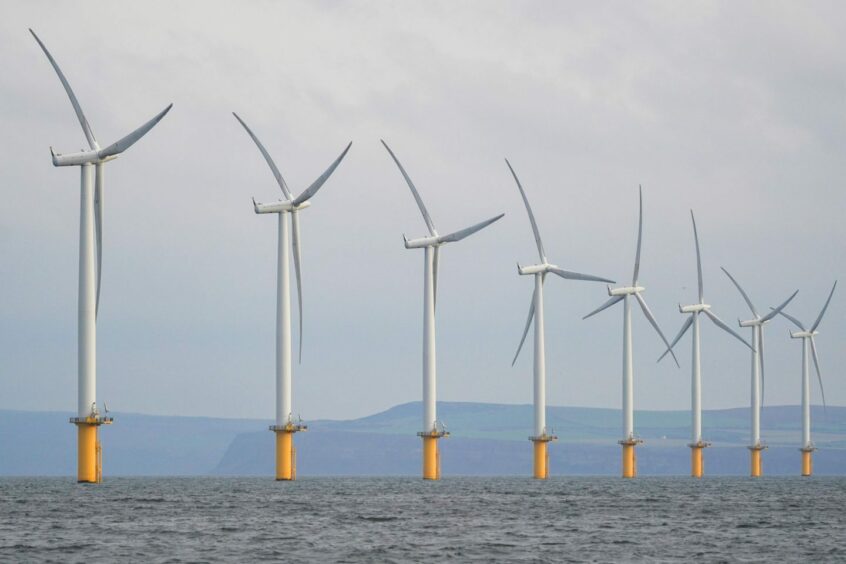
New research has found UK energy supply could require nearly a trillion pounds to reach net zero by 2050.
Conducted by NatWest and Boston Consulting Group, the former said it is “a significant opportunity” for public and private capital.
The sum – more than £900 billion by 2050 – covers renewable generation, grid infrastructure, energy storage, carbon capture and hydrogen.
To do so, it is “essential for banks and investors, regulators, policy makers, energy companies and supply chain to work together to overcome the challenges to mobilising this investment”.
Clear government policy is among the key asks – both the windfall tax and electricity generators levy have been seen by some as barriers to investment.
It also comes amid a flight of capital from private financing for oilfield services supply chain, highlighted by the Scottish Government-owned Scottish National Investment Bank last week, as those firms seek to navigate the energy transition.
Andy Gray, commercial mid-market managing director at NatWest, said: “To decarbonise the UK’s energy supply, the industry needs to scale its infrastructure and technology, all of which will require finance. It’s clear that there needs to be greater collaboration between policy, regulation and finance to enable this to happen. Investment in green infrastructure will help to pay for itself through generating jobs and economic growth, so it’s vital the entire value chain works together to make this happen.”
Eriola Beetz, managing director and partner in Boston Consulting Group, said:
“To reach net zero by 2050, the energy system must undergo a tectonic shift. Society has gone through energy transitions in the past — but nothing like this one. Changes are already underway with energy sources such as renewables, the accelerated expansion of electricity networks, and the scale up of new energy technologies, but we are just at the beginning of the journey.
“As the clock keeps ticking, one of the key challenges we face is plugging a substantial investment gap to support the quick roll out of solutions and innovation we desperately need. Financial institutions are in an excellent position to leverage the learnings and experience from backing technologies such as wind and solar over the last decade.”
Recommended for you

